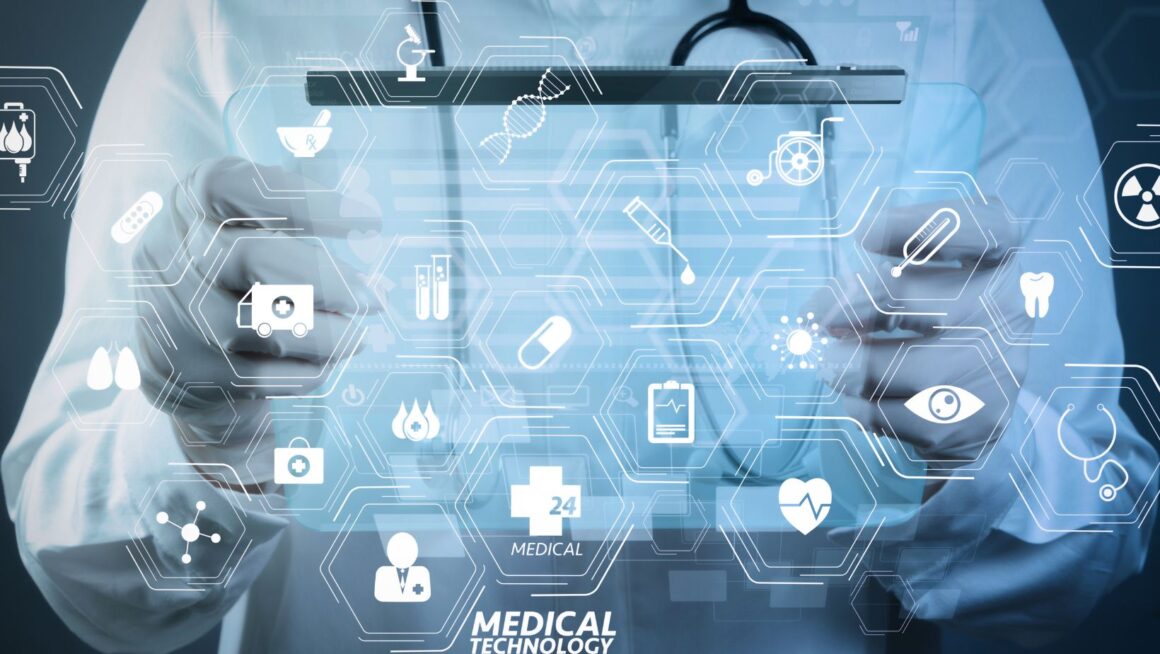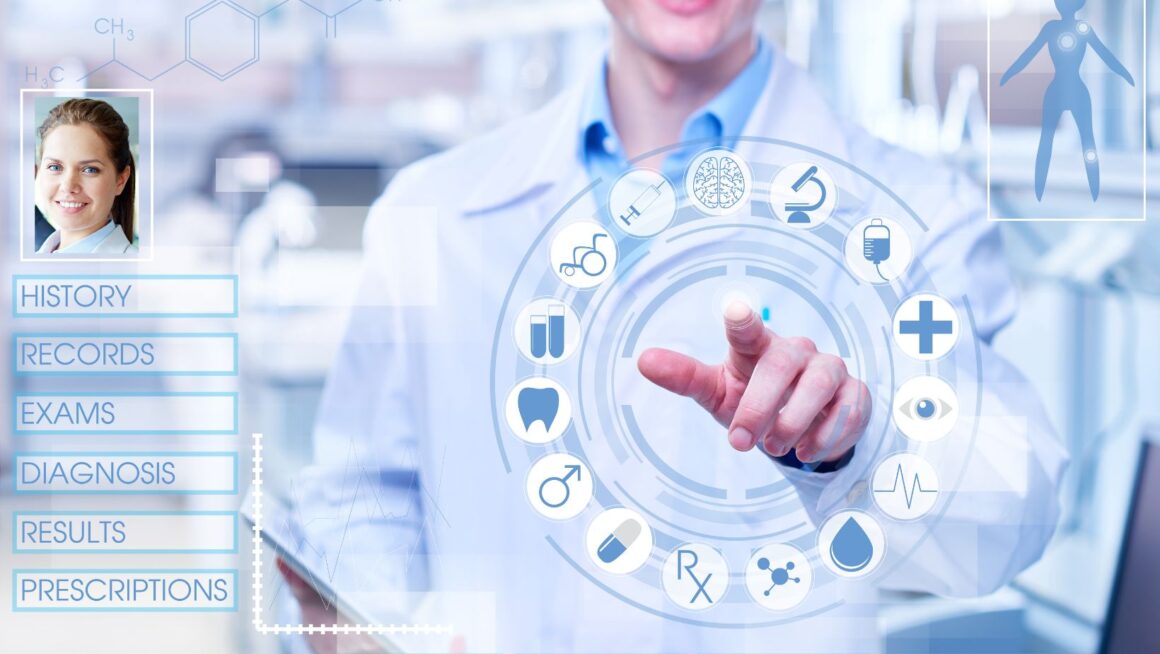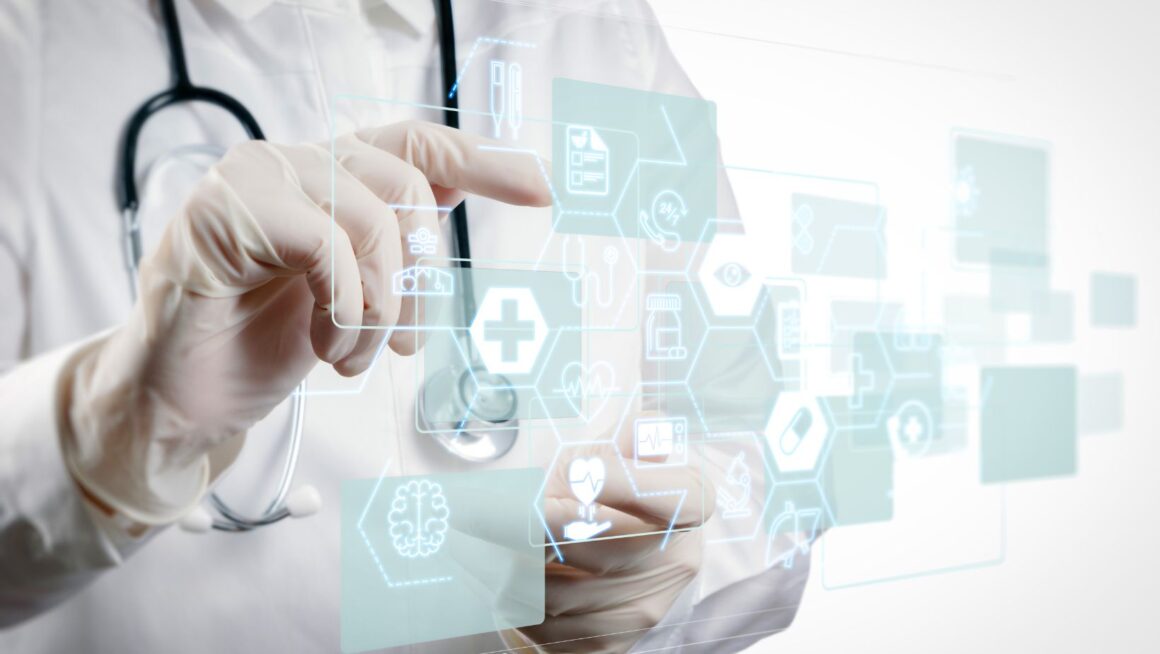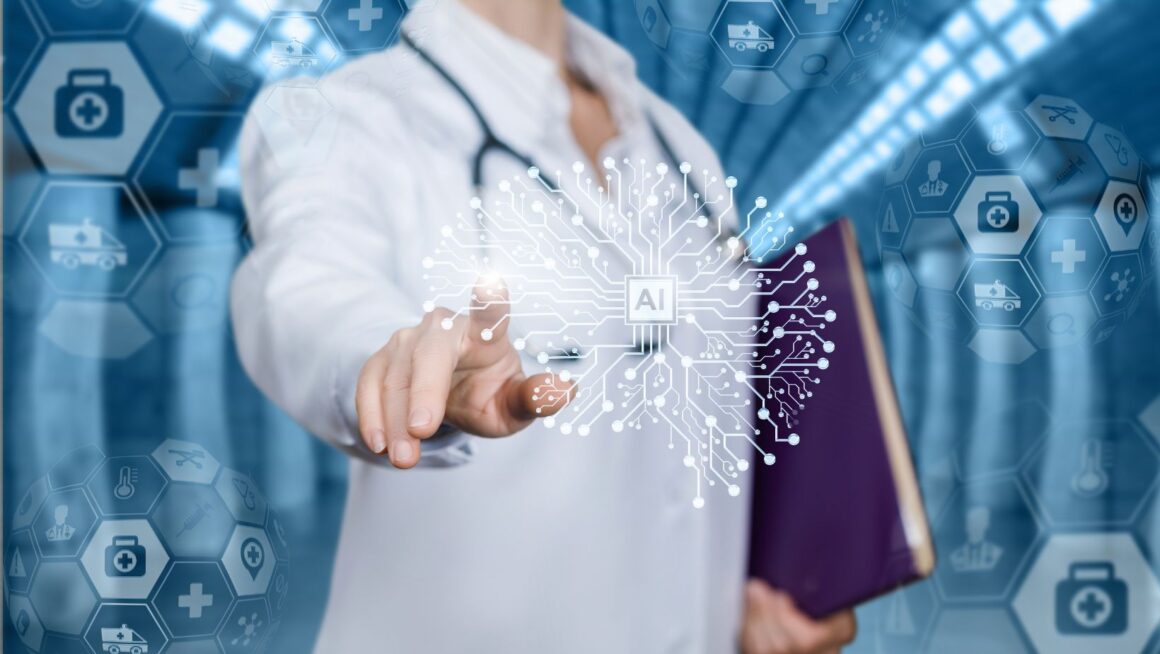
In recent years, technology has revolutionized the field of modern medicine, leading to groundbreaking advancements and transformative changes in healthcare practices. From innovative medical devices to sophisticated diagnostic tools, the integration of technology has significantly enhanced the quality of patient care and treatment outcomes. Rotator Cuff Surgeon Austin, Texas can now utilize these advancements to perform more precise and effective surgeries. With the advent of artificial intelligence and data analytics, healthcare professionals can now make more informed decisions, personalize treatment plans, and improve overall efficiency in medical settings. The seamless integration of technology into modern medicine has not only accelerated the pace of medical research and development but has also paved the way for more precise diagnoses and targeted therapies, ultimately improving patient outcomes and reshaping the future of healthcare.
What Impact Did Technology Have on Modern Medicine?
From Ancient Practices to High-Tech Solutions
Modern medicine has evolved significantly from ancient practices to embrace high-tech solutions that have transformed healthcare delivery. Technology has revolutionized the medical field by introducing innovative tools and techniques that enhance patient care and treatment outcomes. The transition from traditional methods to advanced technological solutions has improved the accuracy of diagnoses, treatment efficacy, and overall patient experience.
Key Technological Milestones in Medicine
 Several key technological milestones have played a crucial role in shaping modern medicine and advancing healthcare practices. From the invention of the stethoscope by René Laennec in the early 19th century to the development of medical imaging technologies such as X-rays, MRI, and CT scans, each milestone has revolutionized diagnostic capabilities and treatment approaches. The integration of artificial intelligence in healthcare systems has further optimized decision-making processes, personalized treatment plans, and predictive analytics, leading to more efficient and effective patient care. Moreover, the emergence of telemedicine and wearable health devices has enabled remote monitoring, real-time health tracking, and personalized medicine, offering convenient access to healthcare services and improving patient outcomes.
Several key technological milestones have played a crucial role in shaping modern medicine and advancing healthcare practices. From the invention of the stethoscope by René Laennec in the early 19th century to the development of medical imaging technologies such as X-rays, MRI, and CT scans, each milestone has revolutionized diagnostic capabilities and treatment approaches. The integration of artificial intelligence in healthcare systems has further optimized decision-making processes, personalized treatment plans, and predictive analytics, leading to more efficient and effective patient care. Moreover, the emergence of telemedicine and wearable health devices has enabled remote monitoring, real-time health tracking, and personalized medicine, offering convenient access to healthcare services and improving patient outcomes.
Diagnostic Technologies Transforming Patient Care
The Advent of Imaging Techniques
Modern medicine has been significantly transformed by the advent of advanced imaging techniques. These technologies have revolutionized the way healthcare professionals diagnose and treat various medical conditions. From X-rays to magnetic resonance imaging (MRI) and computed tomography (CT) scans, imaging modalities provide detailed insights into the body’s internal structures, enabling accurate diagnoses and treatment planning. By utilizing imaging technologies, doctors can identify abnormalities, tumors, fractures, and other health issues with precision, leading to better patient outcomes and enhanced quality of care.
Wearables and Real-Time Health Monitoring
 Wearable devices and real-time health monitoring have emerged as key components in modern healthcare, empowering patients to take control of their health and well-being. From smartwatches that track heart rate and activity levels to wearable sensors that monitor blood glucose levels and oxygen saturation, these technologies offer continuous monitoring and valuable data insights. By collecting real-time health data, patients and healthcare providers can detect early warning signs, track progress, and make informed decisions regarding treatment and lifestyle adjustments. Wearables play a vital role in preventive medicine, promoting proactive healthcare management and improving overall patient outcomes.
Wearable devices and real-time health monitoring have emerged as key components in modern healthcare, empowering patients to take control of their health and well-being. From smartwatches that track heart rate and activity levels to wearable sensors that monitor blood glucose levels and oxygen saturation, these technologies offer continuous monitoring and valuable data insights. By collecting real-time health data, patients and healthcare providers can detect early warning signs, track progress, and make informed decisions regarding treatment and lifestyle adjustments. Wearables play a vital role in preventive medicine, promoting proactive healthcare management and improving overall patient outcomes.
Treatment Advances Enabled by Technology
Minimally Invasive Procedures
Minimally invasive procedures have revolutionized modern medicine, allowing for less pain, smaller incisions, and quicker recovery times compared to traditional surgeries. Techniques such as laparoscopy and robotic-assisted surgery have become standard practices in various medical specialties. By utilizing advanced technologies like miniature cameras and robotic arms, surgeons can perform complex surgeries with enhanced precision, reducing the risk of complications for patients. These procedures offer benefits such as shorter hospital stays, reduced scarring, and faster return to normal activities, changing the landscape of surgical interventions.
Personalized Medicine and Genomic Sequencing
 Personalized medicine, driven by advancements in genomic sequencing and molecular diagnostics, tailors treatment plans to individual patients based on their genetic makeup. By analyzing the unique genetic characteristics of patients, healthcare providers can predict how individuals will respond to specific medications or therapies. This customization not only improves treatment outcomes but also minimizes adverse effects, optimizing patient care. Genomic sequencing has particularly revolutionized oncology by identifying targeted therapies that address the specific genetic mutations driving cancer growth. This precision medicine approach marks a paradigm shift in healthcare, offering tailored solutions that consider each patient’s genetic profile for more effective treatments.
Personalized medicine, driven by advancements in genomic sequencing and molecular diagnostics, tailors treatment plans to individual patients based on their genetic makeup. By analyzing the unique genetic characteristics of patients, healthcare providers can predict how individuals will respond to specific medications or therapies. This customization not only improves treatment outcomes but also minimizes adverse effects, optimizing patient care. Genomic sequencing has particularly revolutionized oncology by identifying targeted therapies that address the specific genetic mutations driving cancer growth. This precision medicine approach marks a paradigm shift in healthcare, offering tailored solutions that consider each patient’s genetic profile for more effective treatments.
